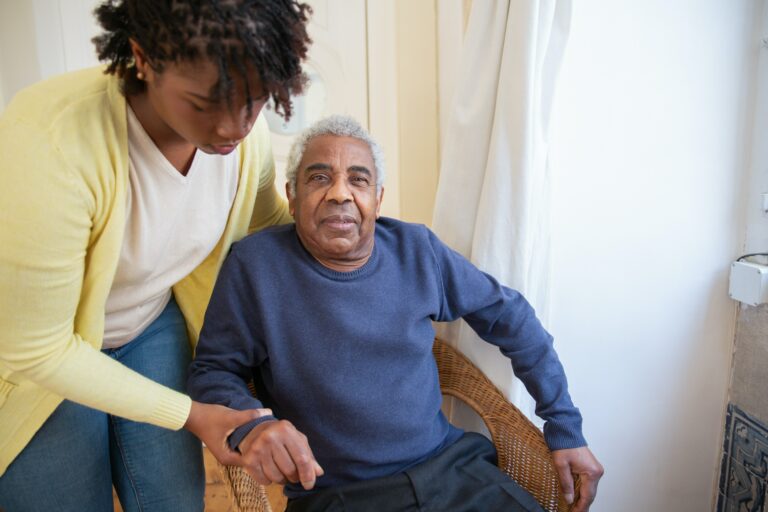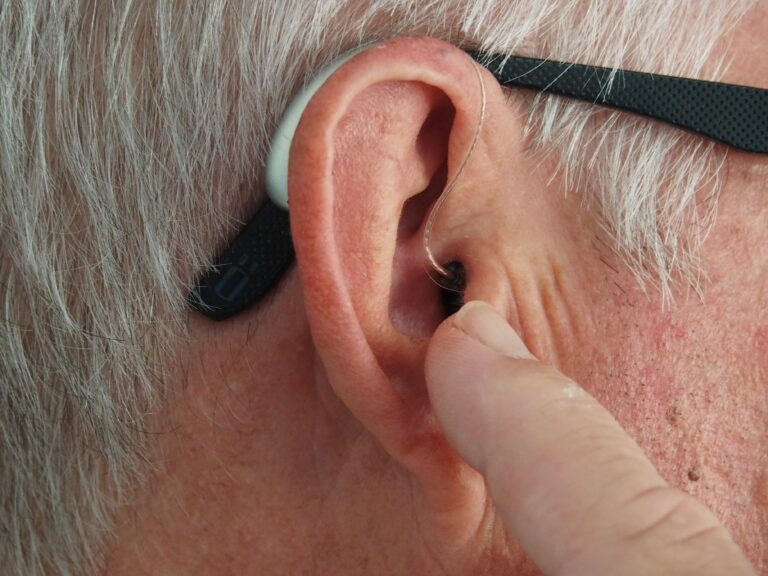
What’s the Latest Problem with Veteran Benefit Claims?
“VA.gov has gaps, and veterans are falling into them,” said Rep. Matt Rosendale, R-Mont., who chairs the House Veterans Affairs subcommittee on technology, during a hearing recently. “This is a situation where the VA is badly in need of independent oversight.”
Military Times’ recent article, “Lawmakers demand accountability after VA loses track of vets’ claims,” reports that in August, VA leaders announced they’d found roughly 32,000 veterans’ disability claims delayed. Some of these cases date back years because of technical flaws in the department’s VA.gov filing systems. Two weeks later, officials acknowledged 57,000 more similarly delayed cases involving veterans trying to add dependents to their accounts.
VA officials said they would backdate veterans’ pay as soon as possible. However, the errors may have delayed potentially thousands of dollars in monthly payouts to individuals suffering from military-related illnesses or injuries.
Veterans Affairs Chief Information Officer Kurt DelBene noted that the errors are just a small portion of the more than seven million cases filed since early 2018. However, he also acknowledged that any mistake that causes financial harm to veterans is unacceptable.
“VA will resolve these issues, prevent them from happening again, and address them more quickly when needed,” he told lawmakers. “And most importantly, we’ll make sure that all impacted veterans get the benefits and services that they deserve as quickly as possible.”
However, several lawmakers said those promises aren’t enough.
“I think we have a problem with addressing the major issues in leadership and officials not being held accountable for things that they do or do not do in upholding their responsibilities to veterans,” said Rep. Morgan Luttrell, R-Texas. “My concern is that no one is holding [anyone] responsible for this.”
Earlier this month, in a letter to VA leadership, committee Chairman Mike Bost, R-Ill., commented that the problems are “just the latest in a string of electronic filing issues that continue to plague the department.”
Reference: Military Times (Sep. 26, 2023) “Lawmakers demand accountability after VA loses track of vets’ claims”









